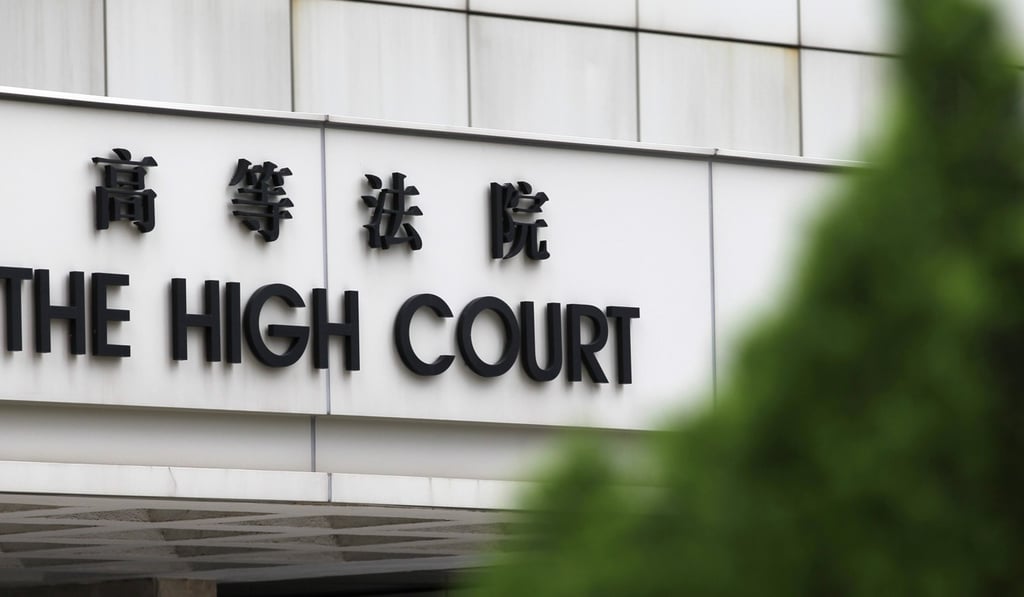Hong Kong court order bans posting and spreading of online messages inciting violence as anti-government protests continue
- Interim injunction targets threats of violence intended, or likely to cause, unlawful bodily injury to any person and damage to any property

Mr Justice Russell Coleman of the High Court issued the order to restrain members of the public from “wilfully disseminating, circulating, publishing or republishing” any material on platforms online such as popular Reddit-like forum LIHKG and messaging app Telegram that “promotes, encourages or incites the use or threat of violence”.
The court order, in response to an application filed by the secretary for justice, bans such acts that would cause “bodily injury to any person unlawfully” as well as “damage to any property unlawfully”.

But it did not include a proposed order for the public to “take all steps as may be necessary” to withdraw such published documents or statements.
This is the third injunction secured by the government after it succeeded earlier this month in getting the court to warn protesters against besieging police officers’ residential quarters and to protect officers from doxxing by banning the publication of their personal details for harassment.